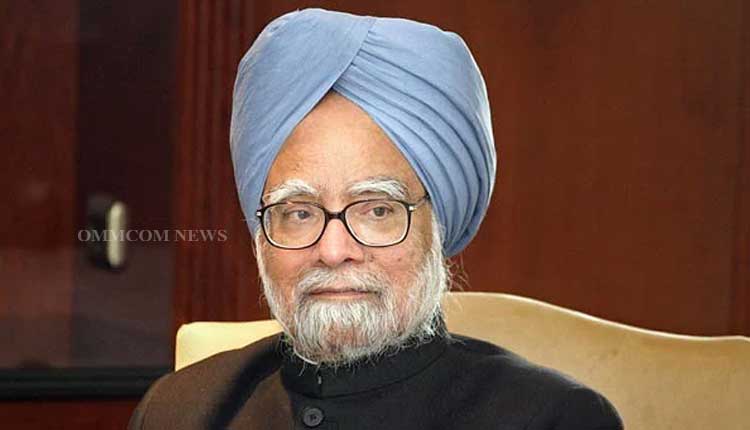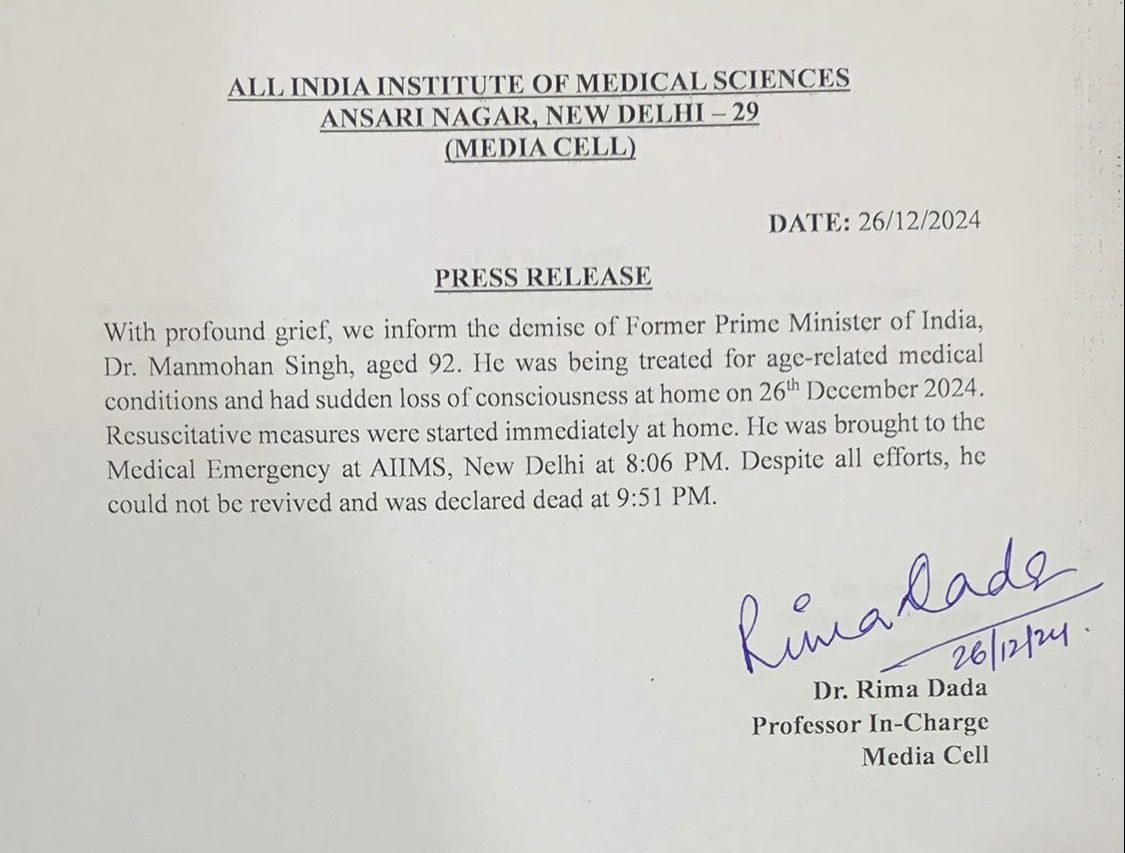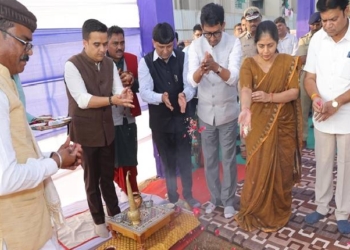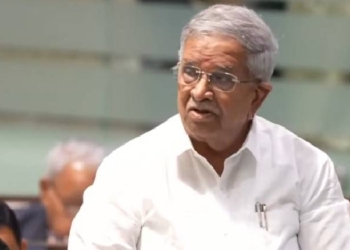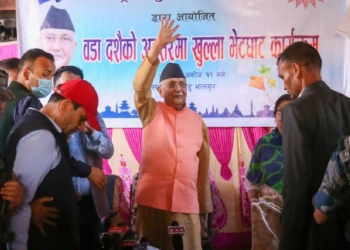New Delhi/Bhubaneswar: Former Prime Minister and veteran Congress leader Dr. Manmohan Singh passed away on Thursday night at the All India Institute of Medical Sciences (AIIMS) in Delhi. He was 92.
Dr. Singh was admitted to the emergency department earlier in the evening after his health deteriorated.
Dr. Singh served as India’s Prime Minister for two consecutive terms from 2004 to 2014. A stalwart in Indian politics and a renowned economist, he retired as a Rajya Sabha MP in April 2024 after serving in the Upper House since 1991.
Widely regarded as the architect of India’s economic liberalization, Dr. Singh played a pivotal role in shaping the nation’s economic policies during his tenure as Finance Minister under the P.V. Narasimha Rao government from 1991 to 1996.
In addition to his tenure as Prime Minister, Dr. Singh also served as the Leader of the Opposition in the Rajya Sabha from 1998 to 2004. His profound contributions to Indian politics and economics have left an indelible mark on the nation’s history.
His tenure is often credited for initiating major economic reforms in 1991 when he was the Finance Minister, which helped modernise India’s economy and integrate it into the global market.
A man of humility and intellect, Dr. Singh was a respected figure both in India and globally. Under his leadership, India saw consistent economic growth, reducing poverty and strengthening the country’s position on the world stage.
His government was also known for implementing crucial legislations in areas such as education, food security, and information.
Dr. Singh’s death has left the nation in mourning, with leaders from all political parties and across the world paying tribute to his legacy. His contributions to the field of economics and public service will be remembered for generations.
He is survived by his wife, Gursharan Kaur, and their three daughters. Funeral arrangements are expected to be announced soon, with the nation’s leaders, including Prime Minister Narendra Modi, expected to participate in honouring his memory. Dr. Singh’s death marks the end of an era in Indian politics. His leadership and legacy will continue to inspire future generations.
In April this year, Manmohan Singh retired from Rajya Sabha, with Congress President Mallikarjun Kharge praising his long parliamentary career.
Singh shot to prominence as the country’s Finance Minister in the government headed by PV Narasimha Rao during 1991-96, having brought in sweeping reforms that transformed the economy.
He served as a member of the Rajya Sabha till early this year.
In his political career, Singh was a member of the Rajya Sabha since 1991, where he was Leader of the Opposition between 1998 and 2004.
Manmohan Singh was sworn in as Prime Minister on May 22 after the 2004 general elections and took the oath of office for a second term on May 22, 2009.
He represented Assam for five terms in the Upper House and shifted to Rajasthan in 2019.
His last intervention in Parliament was against demonetisation, describing it as an “organised loot and legalised plunder”.
Born on September 26, 1932, in Punjab, Singh received his Bachelor’s and Master’s in Economics from Panjab University in 1952 and 1954 respectively.
Manmohan Singh completed his Economic Tripos from Cambridge University in 1957. He followed this with a D.Phil in Economics from Oxford University in 1962.




